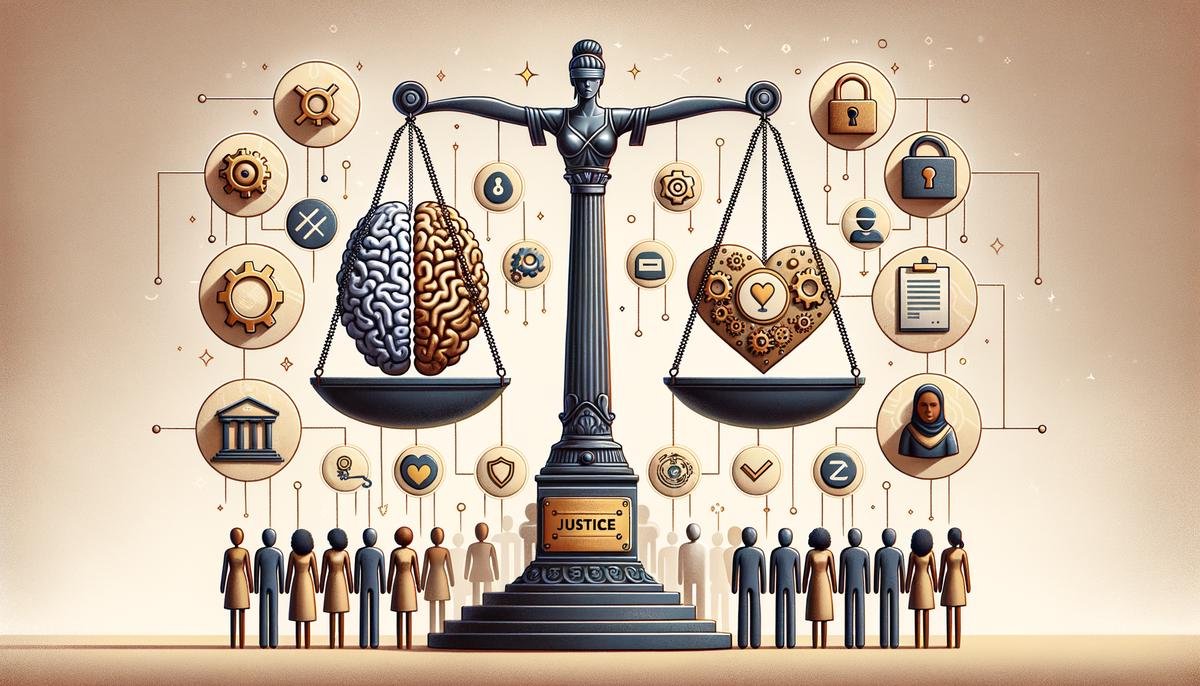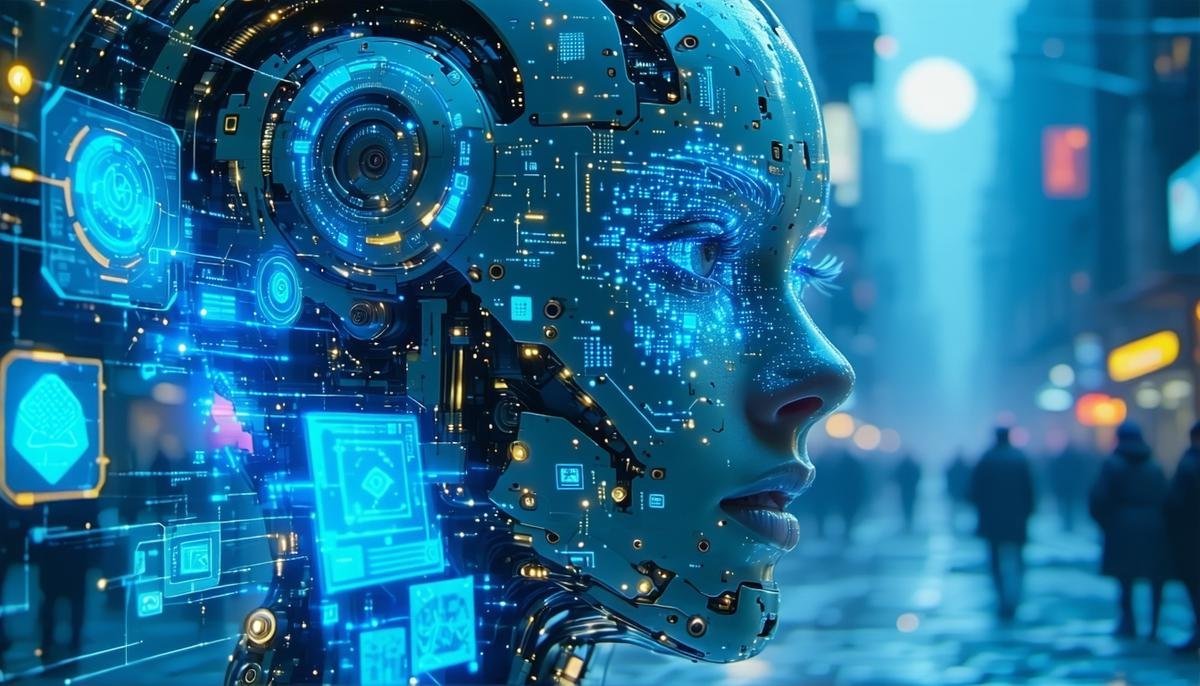Understanding AI for Social Good
"AI for Social Good" uses artificial intelligence to address important social, environmental, and economic challenges. It aims to improve life for everyone by tackling complex issues in areas like healthcare, education, and environmental conservation. This approach aligns with the United Nations' Sustainable Development Goals, working towards a fairer world.
The initiative brings together governments, non-profits, and academics to collaborate on using AI for tangible improvements. It focuses on applications such as:
- Predicting climate impacts
- Combating poverty
- Expanding access to educational resources
Ethical considerations are central to this movement, ensuring AI development prioritizes fairness, privacy, and transparency.

Applications of AI in Key Sectors
In healthcare, AI assists in early disease detection by analyzing large amounts of medical data. This technology can identify subtle indicators of conditions like cancer or heart disease, potentially improving patient outcomes.
AI in education personalizes learning experiences, adapting lessons to individual student needs and progress. It also facilitates language translation, making educational content more accessible across linguistic barriers.
For environmental sustainability, AI predicts climate changes and helps optimize resource use. It aids in:
- Monitoring endangered species
- Improving energy efficiency in buildings
- Contributing to conservation efforts
- Reducing environmental impact
Ethical Considerations in AI Deployment
Ethical deployment of AI is crucial to ensure its benefits are realized without negative consequences. Key considerations include:
- Data privacy: Ensuring personal information is protected and used responsibly.
- Bias prevention: Addressing potential biases in AI algorithms to avoid perpetuating or amplifying existing prejudices.
- Accountability: Establishing clear lines of responsibility for AI systems and their outcomes.
Ethical governance is essential for maximizing AI's positive impact while respecting individual rights and promoting fairness. By adhering to these principles, AI can be developed and deployed in a way that benefits society as a whole.

The Role of Partnerships and Collaboration
Collaboration between governments, NGOs, and the private sector is vital for effective AI solutions. Each partner brings unique strengths:
| Partner | Contribution |
|---|---|
| Governments | Policy frameworks and support for ethical AI development |
| NGOs | Insights into community needs and on-the-ground challenges |
| Private industry | Technical expertise and resources for innovation |
These partnerships foster idea exchange and combine different perspectives to create more effective AI initiatives. By leveraging each partner's strengths, collaborative efforts can translate AI advances into meaningful solutions for pressing global issues.

Future Trends in AI for Social Good
As AI technology advances, its potential to address global challenges grows. Future trends may include:
- Improved natural language processing, enhancing accessibility of critical information across languages and cultures.
- Advanced machine learning for better disease diagnosis, agricultural optimization, and pollution reduction.
- AI-human collaborations in creative fields to raise awareness about social causes.
Ethical considerations will remain crucial, with a focus on developing explainable and auditable AI systems. Governance frameworks will evolve to balance innovation with the protection of human rights and dignity.
These developments aim to harness AI's capabilities to tackle social and environmental issues more effectively, potentially leading to significant positive impacts on a global scale.

AI is making strides in addressing significant challenges, working hand in hand with humans to create a brighter future. By harnessing technology's potential, we can tackle pressing issues and improve lives across the globe.
- United Nations. Sustainable Development Goals. United Nations Website.
- Microsoft. AI for Good Initiative. Microsoft Corporate Social Responsibility.
- Google. AI for Social Good. Google AI.
- United Nations. AI for Good Global Summit. ITU.



